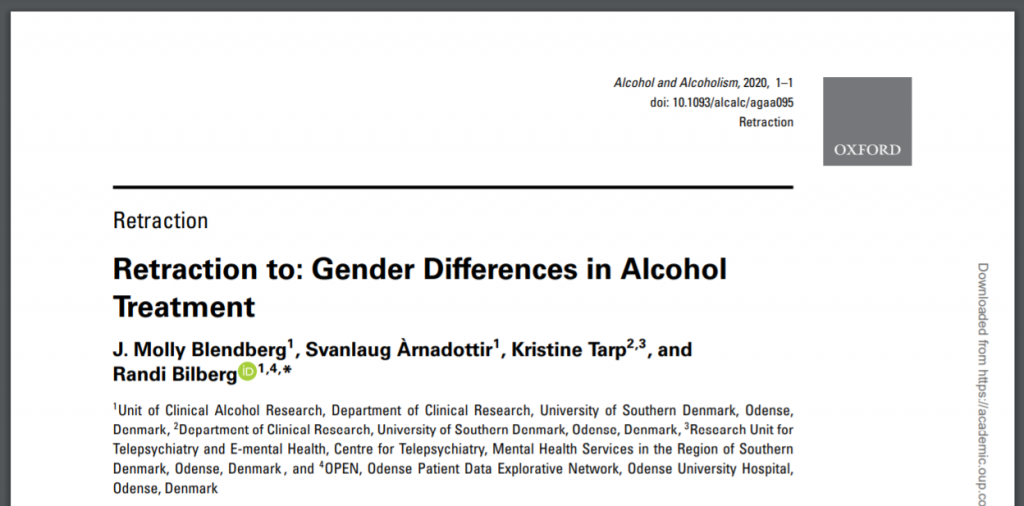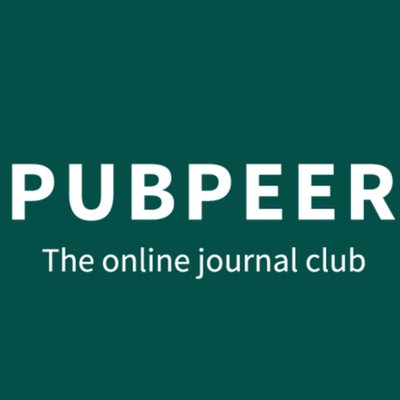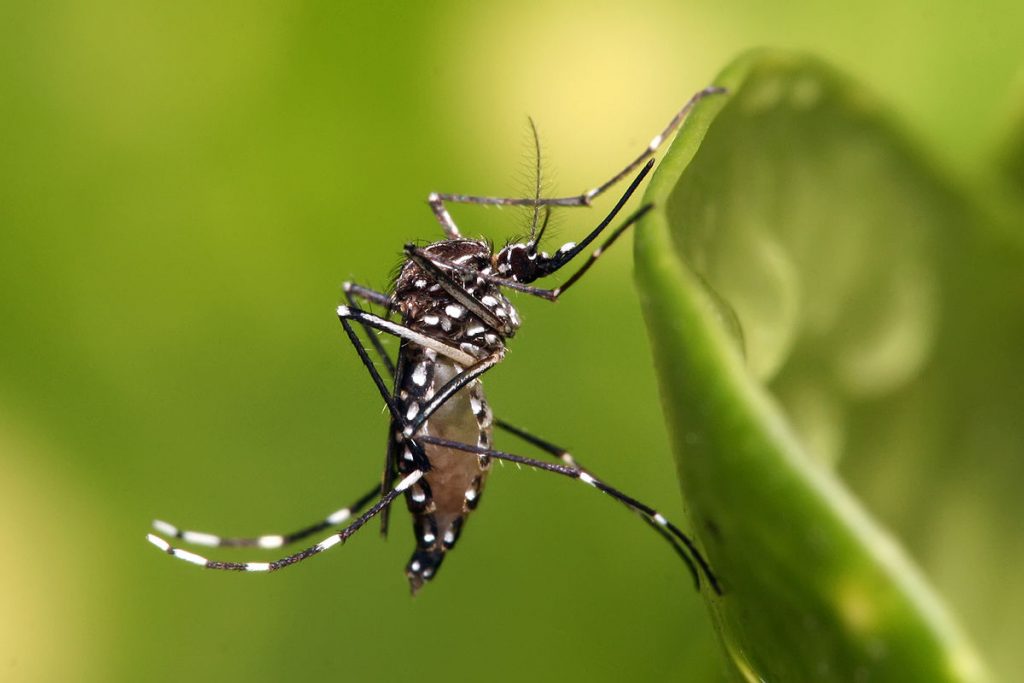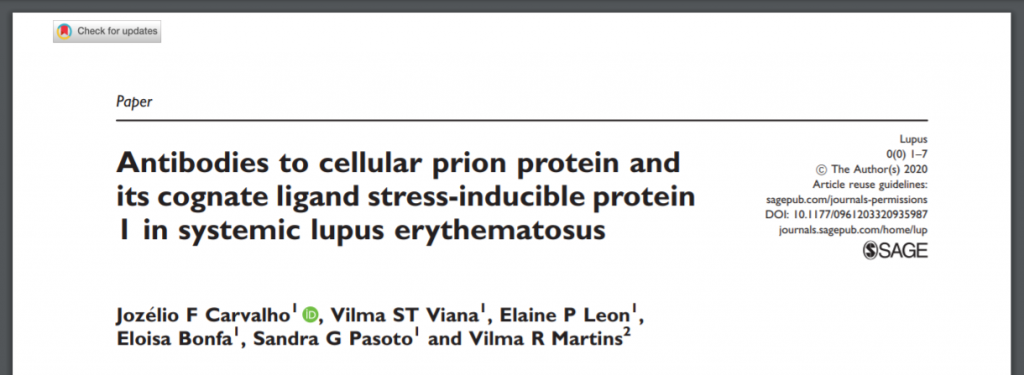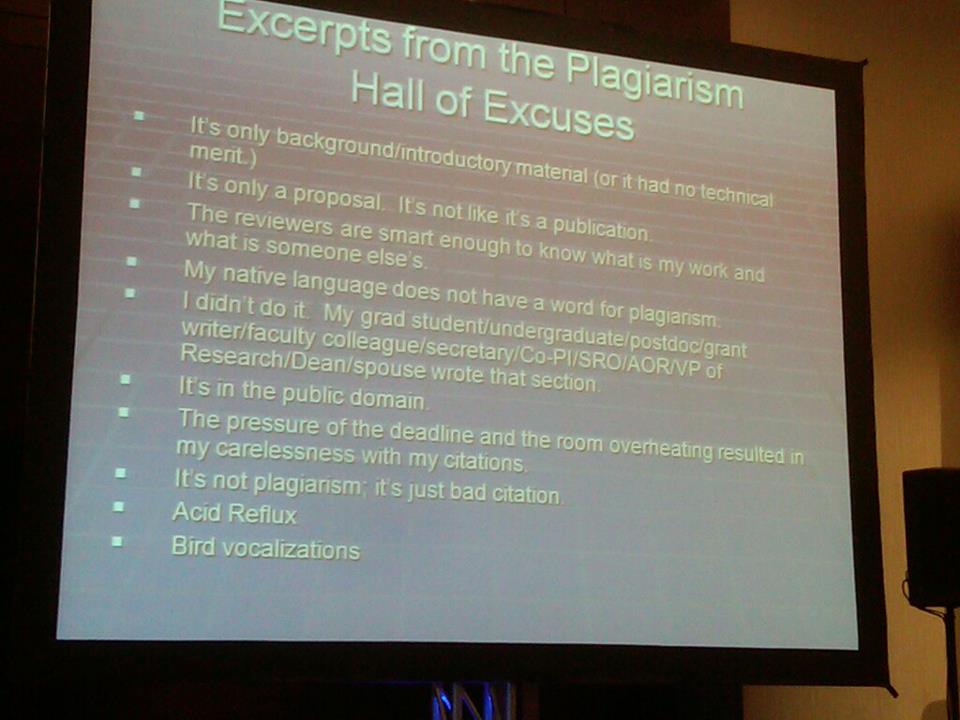
Steven Trubow and Donald Morisky made a small fortune through a controversial company that licensed, often at what researchers thought were exorbitant rates, a tool to scientists, wielding the cudgel of costly legal action if they balked at payment.
Now, in what critics of the pair will doubtless find a delicious irony, the pair is embroiled in a lawsuit over … licensing of the licensing business.
Morisky, of UCLA, is the developer of the Morisky Medication Adherence Scale (MMAS), a proprietary research instrument he rents out to scholars and institutions — often at fees that have, in some cases, exceeded $100,000. Many researchers who don’t obtain permission have been forced to pay up or retract their work.
Continue reading Duo that used legal threats to force scientists to pay for a tool face off in court

